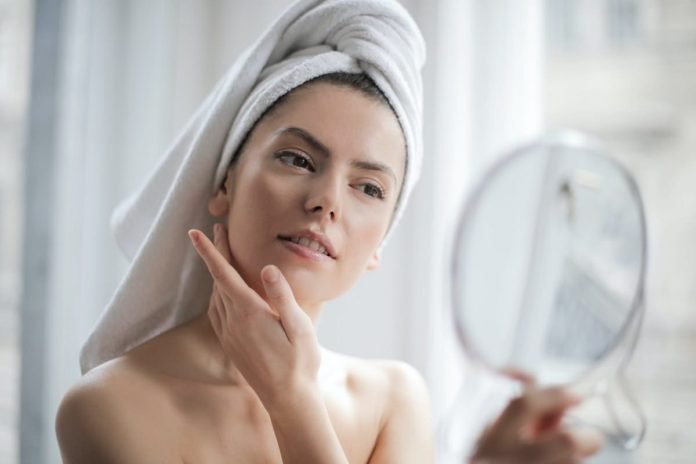A proper diet doesn’t just affect your waistline. It can also make a world of a difference to your skin – not only in terms of how it looks and feels, but also in how it lowers your risk of chronic conditions such as acne, eczema and psoriasis. Of course, the reverse is true as well. Starve your skin of essential nutrients, and problems like breakouts and dryness can quickly set in.
Many studies have been performed on the relationship between food and skin health in recent years. With this research at hand, we can draw up several guidelines for what you should and shouldn’t eat to maintain a glowing complexion. Here’s what you need to know.
Ageing
If your priority is to turn back the clock, or at least slow it down, there are certain vitamins that can reduce the effects of ageing and sun damage on your skin. Vitamin A and its constituent nutrients are chief among them. They can minimize fine lines and wrinkles, as well as giving your skin a smoother texture.
It’s also important that your diet includes ample amounts of vitamin C and lower quantities of carbohydrates and fats. This list of 21 foods for healthy skin can help you identify the foods to focus on. Keep in mind that natural foods tend to be the best sources of any kind of nutrients, and should thus take preference over supplements and other products.
Skin Problems
While diet alone might not completely solve a given skin problem, eating the right foods can lead to a major reduction in symptoms. For example, those with acne will benefit from cutting out processed foods and snacks. It’s also wise to stop drinking sugary beverages. Green tea is an excellent substitute that packs a plethora of nutrients and antioxidants.
As for what can help your skin with post-acne scarring, vitamin C and D are the top solutions. You can get these nutrients in sufficient quantities from blueberries, tomatoes, brown rice, sweet potatoes and whole-wheat bread. Vitamin E is an effective treatment for inflammation as it tones down skin swelling, while vitamin A can reduce psoriasis.
People who suffer from rosacea struggle to control the signs and symptoms, wherein the skin becomes highly sensitive to irritants and allergens. Nuts, chocolates, legumes, tomatoes, and citrus fruits contain histamines that may aggravate this skin condition. So, patients should be careful with the food they consume. Aside from proper diet, using doctor-approved skin care products for rosacea can help soothe skin inflammation and control flare-ups.
Sun Protection
The sun may be a good source of vitamin D, but too much exposure to ultraviolet light has its consequences. Using skincare products with a sun protection factor (SPF) and appropriate clothing is advisable to help reduce the risk of skin cancer caused by pollution and excessive sun exposure.
In addition to wearing sunscreen and protective clothing, you can stave off the effects of photoaging with certain nutrients. Be sure to consume vitamin C, E and other antioxidants. They’re most prevalent in fruits, vegetables and dark chocolate. Minerals including selenium and zinc are also known to provide sun protection. As always, reducing your consumption of sugar and processed foods will speed up healing and slow down wrinkling and sagging.
Eating avocado, broccoli, blueberries, papaya, nuts, spinach, watercress, and other foods high in antioxidants can also fight free radicals that can cause skin cancer. Moreover, regular consumption of these foods helps in skin cellular repair for faster wound healing and sunburn recovery.
Eating Habits Can Affect Your Skin
Aside from identifying the ideal food to eat to attain healthier skin, it’s also essential to watch out for your eating habits. Make sure not to skip breakfast, lunch, and dinner for your skin to receive nourishment. Eating on time can also help you stay energized and focused throughout the day, allowing you to keep up with your daily tasks.
Aside from helping you achieve your skincare goals, a proper diet has a knock-on effect on all aspects of physical and mental health. By sticking to the right foods, you’ll look better, feel better and live longer. Remember to also drink ample amounts of water, as your skin can only become healthy if it’s sufficiently hydrated.








